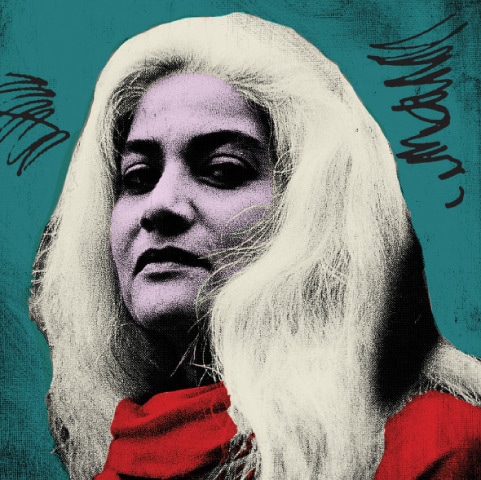
In 1935, US President Roosevelt, addressing the youth of America said, “Rules are not necessarily sacred, principles are.” Rules are such an integral part of our lives, from traffic regulation to taxation, from grammar books to sports. Yet rules can also be restrictive, complicated and outdated. Elaborate systems of prevention and punishment have evolved to maintain an ordered manageable society to ensure, we are told, protect the weak and restrain the powerful.
While rules are imposed from outside, principles are internalised values that regulate our behaviour more naturally. In an ideal world, if we had strong principles, we would need fewer rules imposed on us.
Rules are formulated to uphold principles, but too often rules become autocratic, negating the very principles they set out to protect. Increasingly, businesses and auditing firms are formulating principle-based, rather than rule-based, systems and successful leadership is recognised by its ability to make principled decisions.
Science is not normally seen as a guide to everyday life, but we can learn as much from the scientific method as benefit from its discoveries. Scientific research applies a framework of principles rather than rules, follows a code of investigative ethics, objectivity and integrity and is willing to question and adapt its conclusions.
While it’s a fact that without rules society would slip into anarchy, with a solid structure of guiding principles, it becomes possible to question rules and change or discard them when they become obsolete.
Nowhere is this more evident than in the field of art, where it is assumed rules will be broken to maintain its relevance. Greek sculpture broke away from static poses with contrapposto (meaning counterpoise); depicting bodies in a more relaxed and natural pose. From the late 19th century onwards, art movements such as Impressionism, Cubism, Dada, Constructivism, Minimalism, Systems art, Conceptual art and Happenings, to name only a few, constantly changed the rules to better reflect the times.
Yet the principles of art — colour, composition, line, texture and so on — remain the measure of good art. Composer, Shostakovitch shocked audiences with his dissonance, verging on noise, yet it is undeniably music. John Cage created four minutes and 33 seconds of silence, with audiences hearing only ambient sounds. Mughal artists broke with stylised profiles to make three quarter portraits, yet retained the essence of miniature traditions.
Although most people associate religion with rigid rules, the original texts awaken faith through broad principles: the Ten Commandments of Moses, the Beatitudes of Jesus, the Four Noble Truths of Buddhism and the inspirations from nature in Surah Rahman of the Quran.
Children respond more positively when they are taught principles such as compassion and honesty, rather than rules imposed without a context. Facts learnt at school may be forgotten, but students will remember how to learn. The Socratic method of learning developed 2,400 years ago is regaining prominence. The teacher does not give information, but encourages discussions and questions, through which students arrive at knowledge that is assimilated far more effectively than the memorising of facts.
Indian leader B.R. Ambedkar wrote, “Rules are habitual ways of doing things, but principles are useful ways of judging things.” While rules are important, the tyranny of rules stagnate a society — there would be no new inventions and no space for intellectual growth.
Whether a person is a leader, a housewife, a child or a student, the essence of their daily actions can be pared down to their ability to make decisions, big or small. To learn to be reflective and make mindful decisions, Ray Dalio, in his 2017 bestseller Principles, underlines the necessity for the individual to create their own set of guiding principles, for personal and professional life.
Durriya Kazi is a Karachi-based artist and heads the department of visual studies at the University of Karachi Email: durriyakazi1918@gmail.com
Published in Dawn, EOS, November 29th, 2020














































